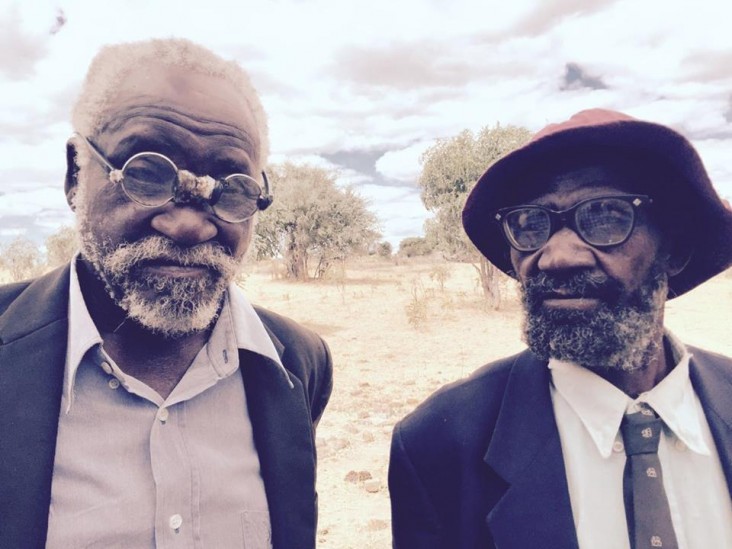
USAID has provided more than $3 billion in development assistance to Zimbabwe since its independence in 1980. Over the past three decades, the USAID Mission in Zimbabwe has focused on strengthening Zimbabwe’s health systems, improving standards of living, supporting democratic institutions and actors, and encouraging a free market economy.
Early USAID contributions to the country’s development included: providing loans for home construction for over 40,000 low-income households, investing over $170 million in factories and farms to increase the productivity of industry and smallholder farmers, supporting community-based natural resource management as well as small businesses, family planning activities, and funding thousands of Zimbabweans to attend university in the United States.
Since 1989 for over 13 years, USAID supported the Communal Areas Management Program for Indigenous Resources (CAMPFIRE) with over $28 million in funding for wildlife management, research and training, development of rural communities and a grant facility for the communities. Income generating activities that USAID supported included community fisheries, eco-tourism, hunting concessions, photographic safaris and among others. Since its inception, wildlife populations increased by about 50 percent with elephants doubling from 4,000 to 8,000 in CAMFIRE areas. Furthermore, households participating in CAMPFIRE increased their incomes by 15 to 25 percent.
As in many countries across Africa, there was an alarming spread of HIV/AIDS in the 1990s. USAID coordinated with the Government of Zimbabwe and international donors to provide HIV/AIDS antiretroviral drugs and prevention services to reduce the national HIV infection rate from 26 percent at its peak to 14 percent today.
During the early 2000s, Zimbabwe’s economic obstacles included lack of economic growth, high unemployment, hyperinflation, and the closure of many industrial farms. In response, USAID created programs to improve access to finance and support business linkages. Since 2009, USAID has addressed the urgent food needs of over 7.5 million people, while simultaneously laying the foundation for improved food security by increasing household food production, improving access to markets, and raising household incomes.
USAID remains committed to sustaining and expanding its partnership with the people of Zimbabwe to advance health systems, increase agricultural productivity, stimulate economic growth, protect human rights, and improve democratic systems.








Comment
Make a general inquiry or suggest an improvement.